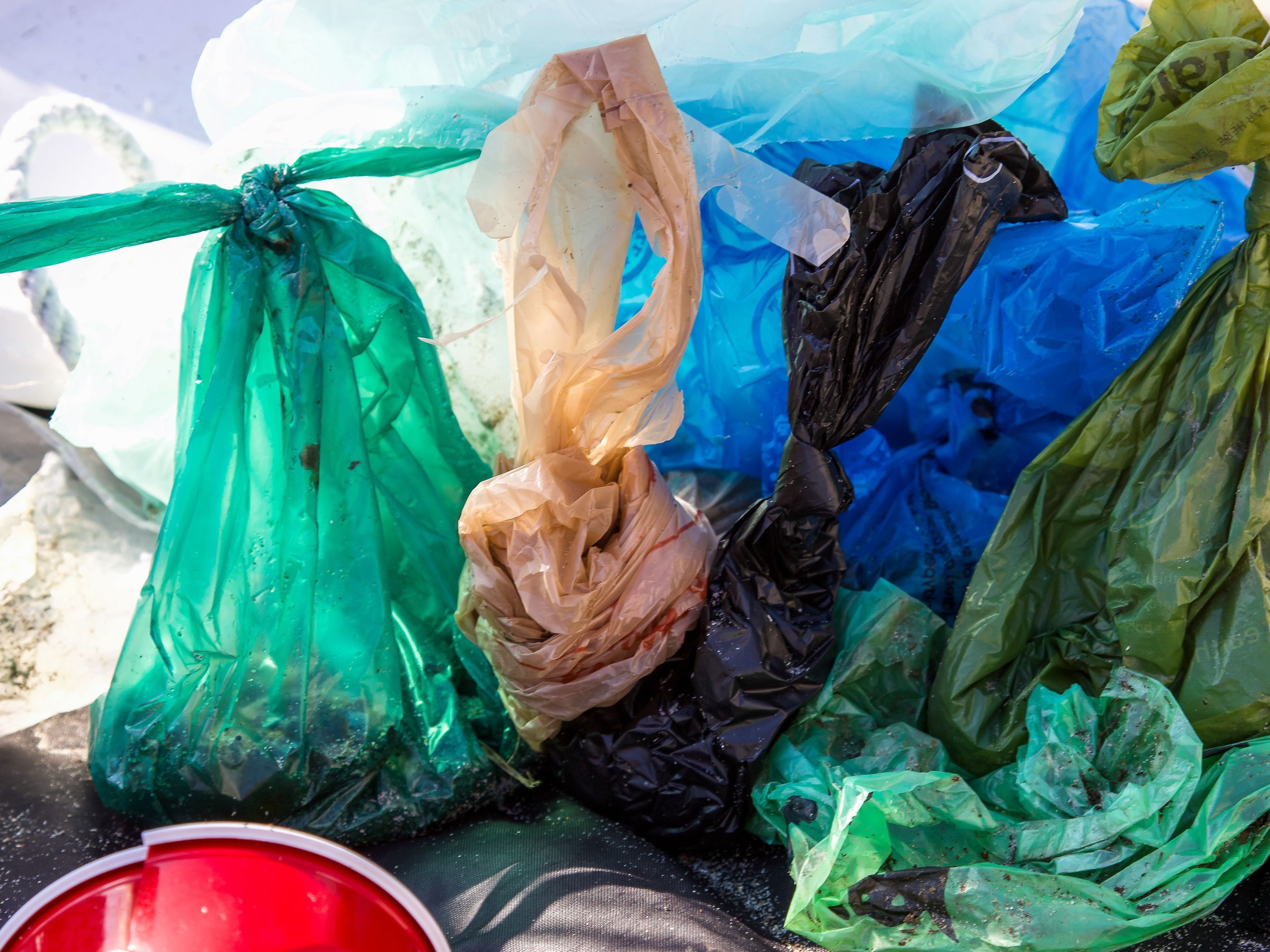Approved by curator

Added: Aug 08, 2022
Last edited: Jan 18, 2023
Started in 2006, Khamir's 'recycled plastic weaving' initiative has been a driver of change in the way plastic waste upcycling can be looked upon in India, and within the community in Kutch, where this program takes place. It brings together essential grassroot stakeholders such as women weavers, and waste pickers, to play a part in the sustainable management of their ecosystem through effectively minimising plastic waste.
Plastics have become ubiquitous in modern life. In 2016, the world generated 242 million tonnes of plastic waste—12% of all municipal solid waste. The Ellen MacArthur Foundation also anticipates that, by weight, there will be more plastic in the oceans than fish by 2050 if nothing is done. The downside of plastic consumption to society has become apparent, as plastic waste has incurred huge costs to the environment, biodiversity, livelihoods, and human health. In addition, the impacts of plastics on climate change are already considerable and are expected to increase. In developing countries such as India, where plastic is omnipresent, it is a greater challenge to curb its use altogether. This is true especially in the lower rungs of society where the affordability and accessibility of plastic has an overarching presence in every corner and activity. Plastic pollution is contaminating our land, underground, air and water systems, and it requires solutions at all levels of the ecosystem. Khamir formulated its problem statement: “One method of plastic waste disposal that has been common to Kutch is burning large piles of plastic. Studies have shown that burning plastic may release carcinogenic toxins into the air. Littering is a common problem, and trash in Bhuj rarely makes it to a landfill. Recognizing the issue of waste disposal as a global problem, it is necessary to create new, lasting solutions.”
Khamir, based in Kutch in the Western state of Gujarat, India, realised the plastic waste problem, and decided to act on it by initiating participation from civil society members. Drawing from the tradition of resourcefulness that is an integral part of all traditional craft communities of India, Khamir chose to approach the problem of dealing with plastic waste with the same philosophy.
Khamir has drawn participation from different ages and occupations within the society to deal with this issue. Providing employment to waste collectors, nearby industries, area committees and schools to collect waste, Khamir cleans, sorts, and segregates used plastic based on its colour and quality. The cleaned plastic waste is then handed over to women artisans engaged with the organization, who cut them into strips, and paste ends to form balls of plastic yarn. This yarn is then woven as weft with a finer nylon or cotton warp by weavers, to make recycled plastic fabric. This enabled the provision of employment to home based workers, and disabled or senior citizens. Since the skill level required to do this is moderate, even members new to weaving are able to take this up.
Plastic weaving is now practiced by several weavers at their homes, and at Khamir’s campus in Kutch. Khamir has fashioned the plastic textile into bags, pouches, and backpacks of various kinds. It has taken the lead in marketing these products as well. Khamir is working to overturn local stigmas about waste reuse by introducing plastic woven items into the local community.
At its core, this project creates a new value chain that provides economic opportunities for marginalized weavers and rag-pickers, up-skilling the women weavers of Kutch, creating a nexus of local citizen groups and industries in waste management coming together to address the common problem of plastic waste. Over the past few years, the organization has successfully trained almost 100 people through this initiative, many of who have been weavers of Kutch. Khamir also extended this training to other organizations in India who wished to establish similar models across the country. Khamir has also trained jail inmates at its nearby district headquarters to weave the upcycled plastic fabric.
Photo by Brian Yurasits (Unsplash)


switch2ceplastics
